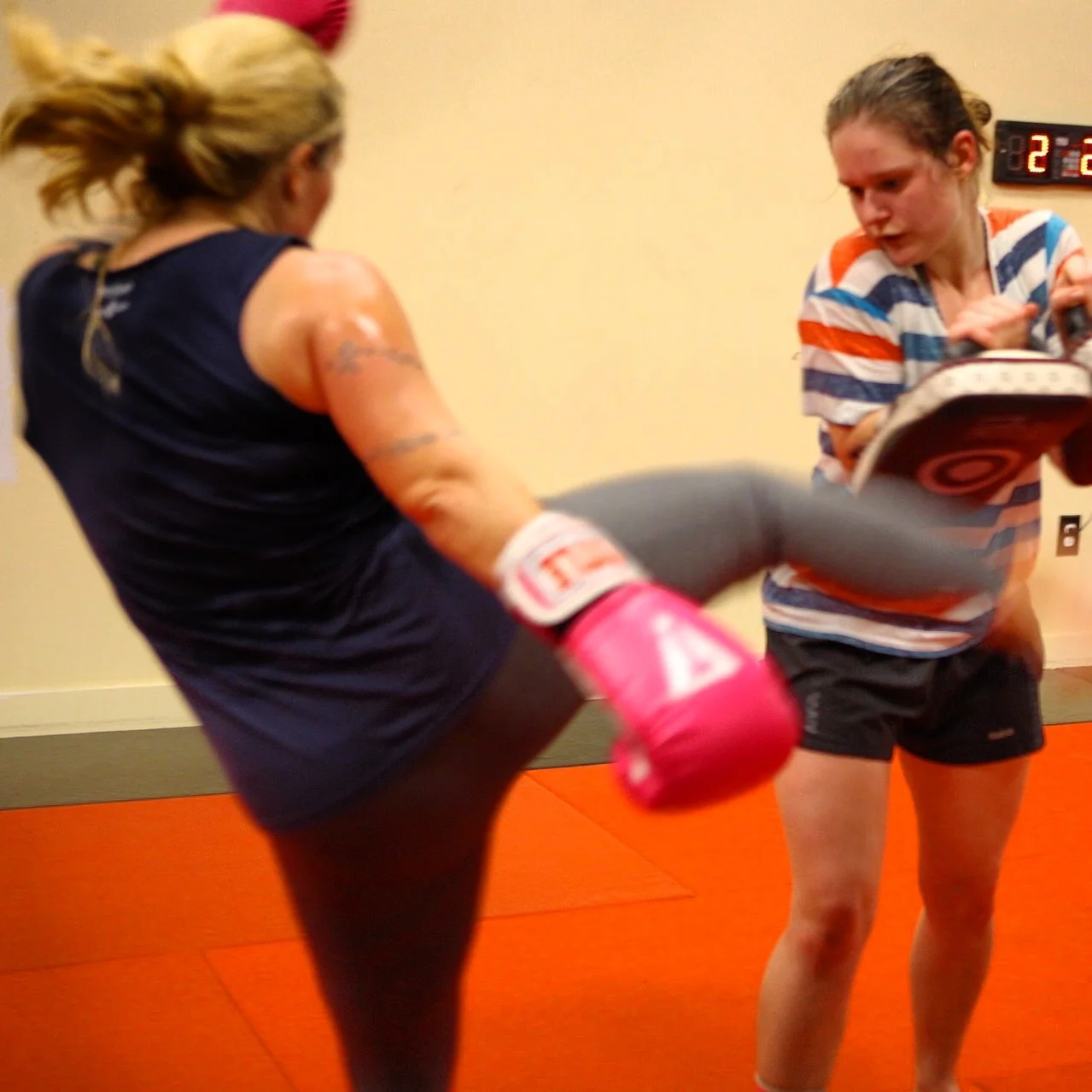Location-Independent Living: A Primer
Working Arrangements
Chances are, you’re still working while traipsing around the world. If you’re one of the lucky few who aren’t, you can clearly skip this section and go do something productive for society besides taking selfies.
1. Do you work for yourself or for someone else?
2. If you work for yourself, what client/customer requirements are important?
3. If you work for someone else, what are their remote workplace requirements?
4. Do you need to be available certain days or times?
5. Will you be living in a different time zone and how will that affect your working hours, and therefore your sanity?
6. How much bandwidth do you need for internet? Will this be accommodated by where you are working/living?
Living Arrangements
Maybe you’re keeping your home while you travel. Or maybe you’re officially going “homeless”. Comfort is different to each person.
1. If you are keeping a home and renting it out traditionally or through a homeshare, who will be taking care of it while you are gone?
2. If you’re giving it all up, you still need a “home” address for domicile purposes. Do you have a friend or family member who will let you use their address? Or will you go through an address provider? (See Expert Tips below for more info).
3. If you are “changing” your address and declaring domicile in a different state, how long will you need to be there to be able to change your driver’s license and vehicle registration?
4. What living situation do you prefer, an RV/camper or apartment/house?
5. If you’ll be living in an RV/camper, how far out will you need to make reservations at the campgrounds and parks where you would like to stay? Where will you go if your chosen campground is closed due to natural disasters, such as fires and flooding?
6. If you’ll be living in an apartment/house, will you be looking for a traditional short-term lease or renting through a homeshare like airbnb or homeaway?
7. What is your planning comfort level for finding a living space? Do you need to plan in advance for your next destination or do you prefer to see what happens when you arrive?
8. How much research do you need to feel comfortable with the neighborhoods you might live in?
9. Do you have enough budgeted to make the deposit requirements every interval of time you wish to move?
Daily Routine
1. How easily can you adjust to your daily routine in a new place? How much time to settle in will you need?
2. Does your next destination have the types of things you like to do? If not, how will you spend your free time?
3. If there are any places you’d like to attend at your new destination that require a membership, such as gyms or clubs, do they offer short-term or no contract obligations?
4. How important is being social to you? What will you do to build a social life?
5. What tools and resources will you use to find out information about your new “home”, such as nearby grocery stores or great restaurants?
Expert Tips
A little planning can go a long way, here are a few lessons learned that I’m happy to share:
1. Before agreeing to a place, find out the internet capabilities. If videoconferencing is a big part of your work, or if you plan on watching a lot of Netflix, this is a key consideration.
2. If you’re living overseas, consider getting a SIM card once you’re there. Even if internet is good where you’re going, there’s the possibility of it going down.
3. If you are going full nomad and won’t have access to an address to claim domicile, there are services that will provide you with an address that you can use for mail and for declaring domicile - and they’ll even open and scan your mail to you for an additional fee. Check out Escapees for a full suite of services, or EarthClassMail and VirtualPostMail for just mail services.
4. Amazon lockers are great if you’re in or passing through a place that offers this service.
5. Many gyms or clubs offer short-term or no contract memberships for a higher fee than those who lock in for a year or more. However, if it’s not a huge corporate gym, you can often negotiate the same cost as the longer term members if you’re willing to pay for all the months you want upfront.
6. Same goes for rent on a furnished place with a traditional lease. Shorter-term leases are often much more expensive than year-long leases because the property owner doesn’t have a longer term guarantee on their income. If you can swing it, try negotiating a lower price for all months paid upfront.
7. See the helpful infographics in this section of the website to help you determine how light you can travel and the ways of living that will work best for you.
8. Stay tuned for an app coming soon that will help nomads connect with other like-minded folks, as well as with nomad-friendly locals who stay put in one place and can show you the lay of the land.
This is just the tip of the iceberg! I am an expert planner with years of experience of living location-independent and solo road-tripping, and can custom build any solutions for you to navigate your way through nomad life and the world.




